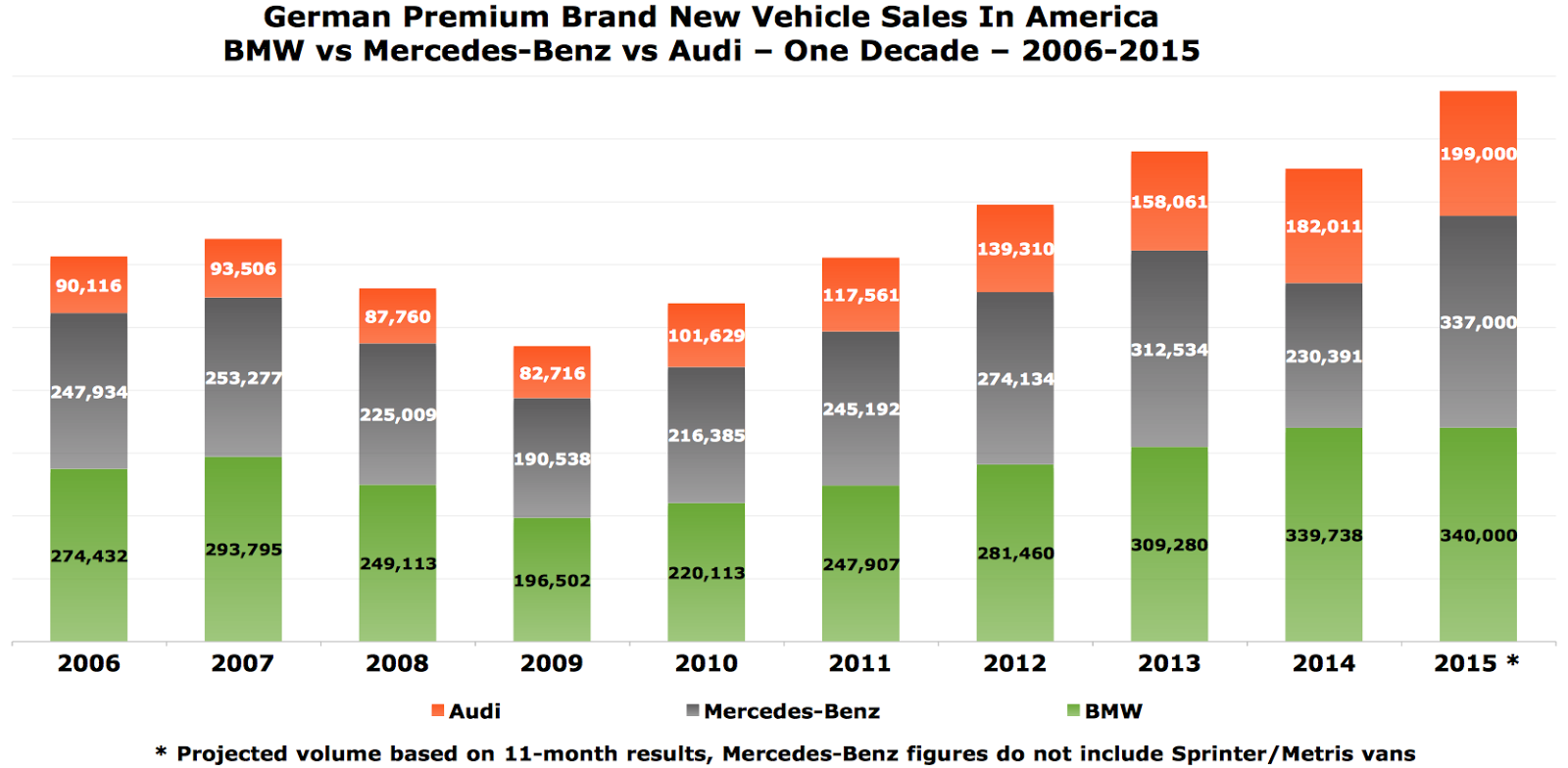Luxury Car Sales In China: A Deeper Look At The BMW And Porsche Situation

Table of Contents
BMW's Position in the Chinese Luxury Car Market
Market Share and Sales Figures
BMW holds a significant share of the luxury car market in China, consistently ranking among the top sellers. While precise figures fluctuate yearly, BMW sales China typically represent a substantial portion of their global sales. Analyzing "BMW sales China" data reveals considerable year-over-year growth in recent years, though the rate of growth may be slowing compared to previous periods. This reflects the overall trend within the German car sales China sector.
- BMW X3 and BMW 5 Series: These models consistently rank among the best-selling BMW vehicles in China, contributing significantly to overall sales figures.
- Year-over-year growth (example): A 5% increase in overall BMW sales in China in 2022 compared to 2021, demonstrating sustained but potentially moderating growth within the luxury car market share China.
- Impact of Market Events: Economic downturns or shifts in government policies relating to import tariffs can significantly influence BMW's sales performance in China.
BMW's Marketing and Sales Strategies
BMW's marketing strategy China focuses on aligning with the preferences of Chinese consumers, who value prestige, technological advancement, and a strong brand image. Their strategies are multifaceted:
- Targeted Digital Marketing: Extensive use of social media platforms like WeChat and Weibo to reach younger, tech-savvy consumers.
- Celebrity Endorsements: Partnering with high-profile Chinese celebrities to enhance brand appeal and recognition.
- Dealership Expansion: Strategic expansion of their dealership network across major cities to ensure convenient accessibility for customers.
- Long-Wheelbase Models: Offering long-wheelbase versions of popular models to cater to the preference for spacious interiors within the Chinese luxury car market.
BMW effectively targets different demographics, from young professionals to established high-net-worth individuals, using tailored messaging and marketing channels.
Challenges and Future Outlook for BMW in China
Despite BMW's success, challenges remain within the luxury car competition China:
- Increasing Competition: The Chinese luxury car market is highly competitive, with domestic and international brands vying for market share.
- Evolving Consumer Preferences: Chinese consumer preferences are constantly evolving, demanding new technologies and features. The rise of electric vehicles is particularly noteworthy.
- Economic Fluctuations: Economic instability or uncertainty in China can significantly impact luxury car sales.
BMW's future in China hinges on its ability to adapt to these challenges, continuing to innovate, invest in new technologies (including electric vehicles), and maintain a strong brand image appealing to the evolving preferences of Chinese luxury car buyers.
Porsche's Success Story in China
Porsche's Strong Performance and Growth
Porsche has witnessed phenomenal growth in China, significantly outpacing many competitors in the luxury car sector. The "Porsche sales China" figures showcase impressive growth, driven by the strong demand for their sports cars and SUVs.
- Porsche Cayenne and Macan: These SUVs have been particularly successful in China, appealing to a broader segment of luxury car buyers.
- Market Share Growth: Porsche has steadily increased its market share within the luxury car market in China.
- Brand Recognition: Porsche enjoys exceptionally strong brand recognition and a prestigious image in China, contributing to its sales success.
This success is further fueled by robust performance within the sports car market China and the expanding luxury SUV sales China segments.
Porsche's Strategic Approach to the Chinese Market
Porsche's success is rooted in a strategic approach specifically tailored to the Chinese market:
- Focus on Exclusivity and Brand Heritage: Maintaining a strong emphasis on exclusivity and craftsmanship, aligning with the values of Chinese high-net-worth individuals.
- Personalized Customer Experiences: Providing exceptional customer service and creating bespoke experiences for their clientele.
- Tailored Models and Services: Offering specialized models and services tailored to the preferences of Chinese consumers.
Porsche effectively targets a specific segment of discerning luxury car buyers, building relationships and fostering a strong sense of brand loyalty.
Future Prospects and Potential Challenges for Porsche
Porsche’s future in China looks promising, although certain challenges exist:
- Opportunities: Continued growth in the luxury SUV segment and the increasing popularity of electric vehicles present significant opportunities.
- Challenges: Increased competition, government regulations impacting emissions and fuel efficiency, and economic volatility pose potential risks.
- Electrification Strategy: Porsche's commitment to electrification will be crucial for navigating future regulations and maintaining appeal to environmentally conscious consumers.
Successfully navigating the transition to electric vehicles and adapting to evolving government regulations will be critical for sustaining Porsche's growth trajectory in China.
Comparing BMW and Porsche Strategies in the Chinese Market
A Direct Comparison of Marketing and Sales Techniques
Both BMW and Porsche have implemented successful marketing and sales techniques in China, but their approaches differ: BMW adopts a broader approach targeting various customer segments, while Porsche focuses on a more exclusive, niche market. Both effectively utilize digital channels, but their messaging and brand positioning vary significantly.
- BMW: Mass-market appeal with diversified model offerings and a range of marketing initiatives.
- Porsche: Niche appeal with an emphasis on exclusivity, heritage, and personalized experiences.
Analyzing Market Segmentation and Target Audiences
BMW targets a wider demographic spectrum, including young professionals and established business leaders, while Porsche focuses more intensely on affluent, discerning customers who value prestige, exclusivity, and performance.
- BMW's Target Audience: Broader, encompassing a wider range of age groups and income levels.
- Porsche's Target Audience: Niche, focusing on high-net-worth individuals and those seeking prestige and exclusivity.
Conclusion
This in-depth look at luxury car sales in China, specifically focusing on BMW and Porsche, reveals the immense potential and competitive nature of this market. Both brands have implemented successful strategies, but face unique challenges. Understanding these nuances is crucial for anyone involved in or interested in the future of the Chinese automotive sector. For more insights into luxury car market trends in China, continue exploring our resources and stay informed on the latest developments in this dynamic industry. Learn more about the evolving landscape of luxury car sales in China by subscribing to our newsletter!

Featured Posts
-
 Tnt Unveils The Librarians Next Chapter Trailer Poster And Premiere Date
May 06, 2025
Tnt Unveils The Librarians Next Chapter Trailer Poster And Premiere Date
May 06, 2025 -
 Tracee Ellis Ross On Dating Younger Men An Honest Conversation
May 06, 2025
Tracee Ellis Ross On Dating Younger Men An Honest Conversation
May 06, 2025 -
 Fortnite Where To Find Sabrina Carpenters Outfit
May 06, 2025
Fortnite Where To Find Sabrina Carpenters Outfit
May 06, 2025 -
 Unlocking Canadas Potential Gary Mars Call To Action For Mark Carney
May 06, 2025
Unlocking Canadas Potential Gary Mars Call To Action For Mark Carney
May 06, 2025 -
 Robert Pattinson And Suki Waterhouses Nyc Pda Amidst The Batman 2 Casting Rumors
May 06, 2025
Robert Pattinson And Suki Waterhouses Nyc Pda Amidst The Batman 2 Casting Rumors
May 06, 2025
